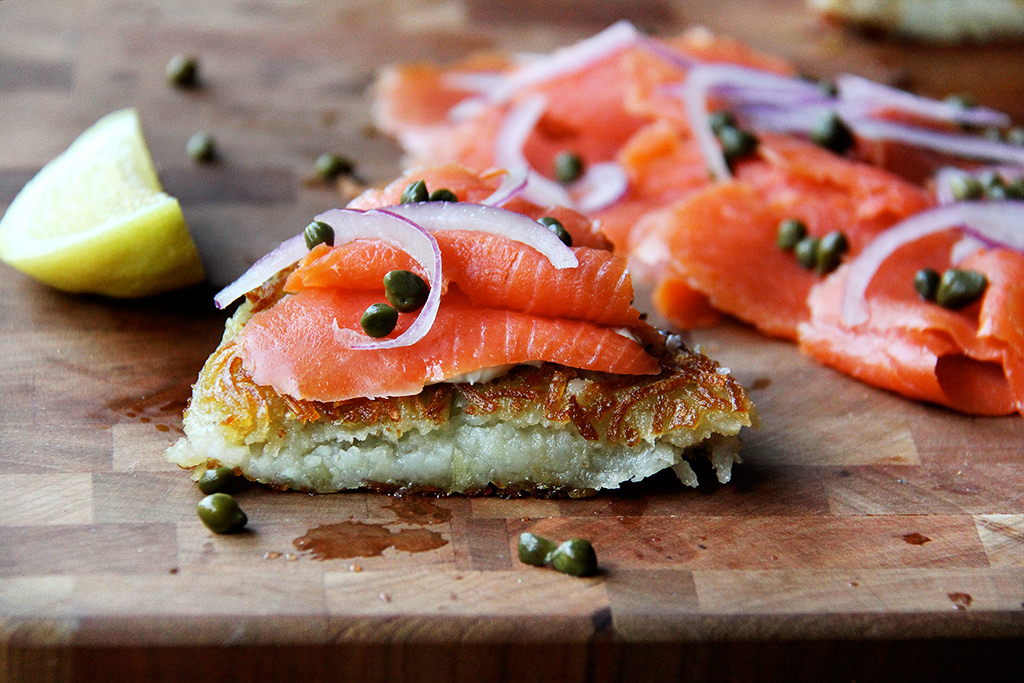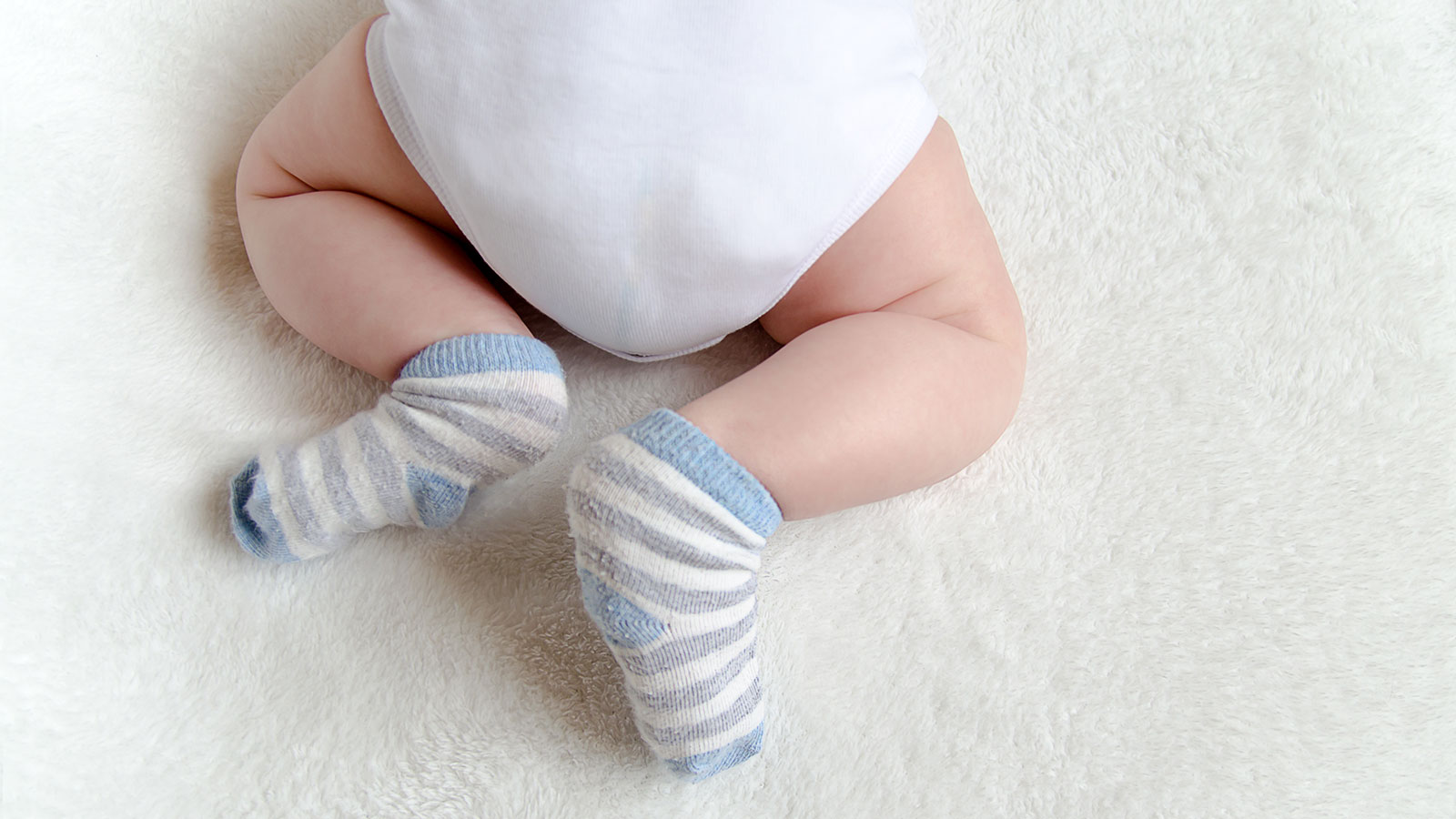Q. You’ve posted before about the disposable vs. cloth controversy, but in a lot of urban areas, there’s a new choice: compostable diapers. There are also some new cloth-diaper services that bulk-wash diapers in machines that use much less water than home machines. Note, however, that those services don’t offer organic cotton nappies. I live in drought-ridden California, so as I make this decision, I’m trying to balance water vs. reusability, and I’m pretty torn!
Liz S.
San Francisco, Calif.
A. Dearest Liz,
Several friends of mine have recently had babies. They have very different opinions on feeding, napping, childcare-ing, and whether or not kids should be allowed to play with iPads, but on one thing they emphatically agree: Babies are tiny poop machines. What to do with that poop is a problem with no obvious best solution. In general, research has declared the great cloth vs. disposable debate a tie (though in drought-stricken locales the edge probably goes to disposables). But you’ve introduced a third and fourth way, Liz, and so the debate fires up again.
Compostable diapers are made from biodegradable materials, usually corn sugar-derived plastics and wood pulp, and typically free of dioxin-producing chlorine bleaches and chemical fragrances. What’s more, these natty nappies break down into nutrient-rich compost in a matter of months. Don’t try this in your backyard compost pile, though — they require the high temperatures and bacterial regulation of a commercial composting facility, and a diaper-specific one at that (read: Don’t toss them in with your municipal lawn clippings, either). So compostable diapers are an option only where specific diaper services exist, and there aren’t many of them yet.
Diapers that break down completely into a fertile soil amendment? The benefits are obvious: They don’t end up clogging landfills or creating polluted wastewater like disposables, nor do they require tons of water for washing like cloth. My biggest unanswered question has to do with their production: I haven’t been able to find an independent life cycle analysis on this issue, so we don’t know how compostables compare to other diapers in terms of total water, energy, and resource use.
And then there’s option four: the low-water diaper service, which uses high-efficiency washing machines to lower the water-and-energy-per-diaper-washed ratio below what you’d get at home (one claims that laundering a day’s worth of diapers uses less water than one toilet flush). These services significantly improve cloth diapers’ biggest drawback, but as you note, if they’re using conventional cotton diapers, you’re still dealing with a water- and pesticide-heavy source material.
You have both options available, Liz, but I’m afraid we don’t have enough information to definitively declare one the best possible choice for you. The better news? I think you can feel good about either one. Diaper services tend to be more expensive than DIY diapering, but if it’s in your budget, both offer tangible benefits. So go with what works for your family, and save your worrying for more pressing matters, like how you’re going to pay for college in 2032.
Fertiley,
Umbra
Q. Which is better, using wax paper or plastic baggies for my daily sandwiches?
Kathy C.
Oakley, Calif.
A. Dearest Kathy,
Allow me to rephrase your question: Is using wax paper or plastic baggies better than a reusable sandwich container? The answer becomes clear: Nope. Reusable items almost always beat disposables (diapers notwithstanding). May I suggest a sandwich tote made from glass, steel, or even a clean cloth napkin instead? All are garbage- and plastic-free, and all will serve you for years of PB&Js.
You hail from drought-tormented California too, Kathy, so perhaps you’re concerned about the water needed to wash your reusable dishes. Fear not — this task can be accomplished with just a trickle of the wet stuff.
Hungrily,
Umbra



